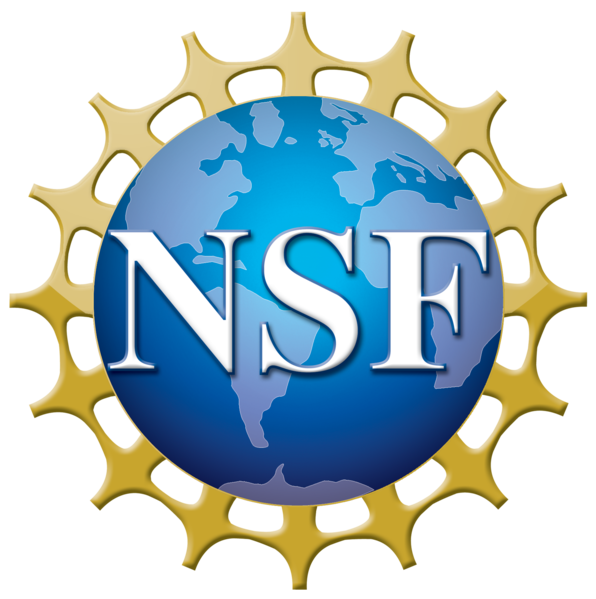Summer 2024: June 3 – August 10
The Center for Quantum Networks (CQN) offers paid summer Research Experiences for Undergraduates (REU) to students interested in Quantum Information Science and Engineering (QISE).
CQN aims to provide a rich exposure to QISE by providing a select group of undergraduate students with mentorship and training at CQN labs over the summer. The program enables students to work on specific projects under the guidance and mentorship of faculty members and graduate students or post-doctoral mentors. In addition to their research, students will participate in both in-person and virtual events such as seminars/lectures, professional development workshops, and social activities.
At CQN we value how diverse backgrounds and experiences brings innovation and new ideas to quantum research. This program is designed to be a welcoming and supportive environment for all students traditionally underrepresented in STEM.
HIGHLIGHTS
- REU fellows will:
- Improve their understanding of the nature of research practice and scientific reasoning
- Learn the process of conducting research
- Gain hands-on experience in Quantum Information Science and Engineering
- Work with scientific mentors
- Network with researchers including graduate students, postdocs, faculty and industry
- Improve public speaking and communication skills
- Increase understanding of different career paths in QISE
- Free on-campus housing will be provided.
- Travel expenses will be paid for roundtrip travel to REU post
- $6000 stipend issued for participation in programming (this is broken up throughout the summer).
ELIGIBILITY CRITERIA
All students who apply to the CQN REU must be:
- U.S. citizens or permanent residents.
- 18 years of age by the start date of the program
- Enrolled in a degree program (part-time or full-time) leading to a baccalaureate or associate degree
APPLICATION OPENS: JANUARY 23
APPLICATIONS DUE: FEBRUARY 20
Potential Projects and Locations (more to be added, check back periodically):
Brigham Young University – Dr. Ryan Camacho
- Co-design of photonic/electronic devices for quantum detection (BYU 1)
- Building lasers for CQN quantum experiments (BYU 2)
- Designing and testing novel entanglement sources (BYU 3)
- Advanced packaging for quantum photonic chips (BYU 4)
No previous experience is required, but skills that would be useful include programming in python, knowledge of electromagnetics and quantum mechanics, lab experience, math/numerical methods etc.
University of Massachusetts – Amherst – Dr. Don Towsley and Dr. Stefan Krastanov
- Developing simulations in relation to CQN’s Thrust 1 research (UMass 1) (multiple positions available)
Strong programming and software development skills are requested, as well as basic knowledge on the description of quantum hardware.
The University of Arizona – Dr. Chaohan Cui
- Optical Design Research – Associated with CQN Testbed (UA 1)
- Coding and electrical engineering research – Associated with CQN Testbed (UA 2)
- Optimization and Control for Quantum Enhanced Optical Communication System (UA 3)
Project 1 preferred skills in 3d modeling or 3d printing, experience in handling mirrors and lenses, someone who has done some undergraduate optical lab. Project 2 preferred skills: Python or robotics. Project 3: The student will need some programming experience, any language is fine but python is preferred due to the viability to interface with the lab hardware most easily. MATLAB is also viable but will require more work. The most important programming skill will be optimization. Knowledge of electrical engineering, specifically around RF signal generation, amplifiers, and digital signal processing will be beneficial but is not required. Knowledge of optical systems, specifically fiber optics will be beneficial but is not required.
The University of Arizona – Dr. Matt Eichenfield
- Integrated Photonics, experimental device oriented project (UA 4)
Skills Required:
- Experienced with programming (Python preferred).
- College-level calculus.
- Comfortable with Microsoft PowerPoint and Word (or equivalent software).
- Eager to learn new skills and work in a team to achieve results.
Skills Preferred:
- Comfortable with MATLAB.
- Fluent in Python.
- Strong background in physics.
- Familiar with linear algebra.
- Experienced with CAD software (e.g. SolidWorks)
Harvard University – Dr. Marko Loncar
- Projects will be in the realm of quantum and nonlinear nanophotonics, quantum optomchanics, and high-power optics, and nanofabrication.
Massachusetts Institute of Technology – Dr. Dirk Englund
- Projects can be either experimental or theoretical in relation to machine learning hardware and critical quantum technologies (computing, networking, sensing).

